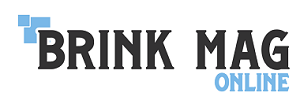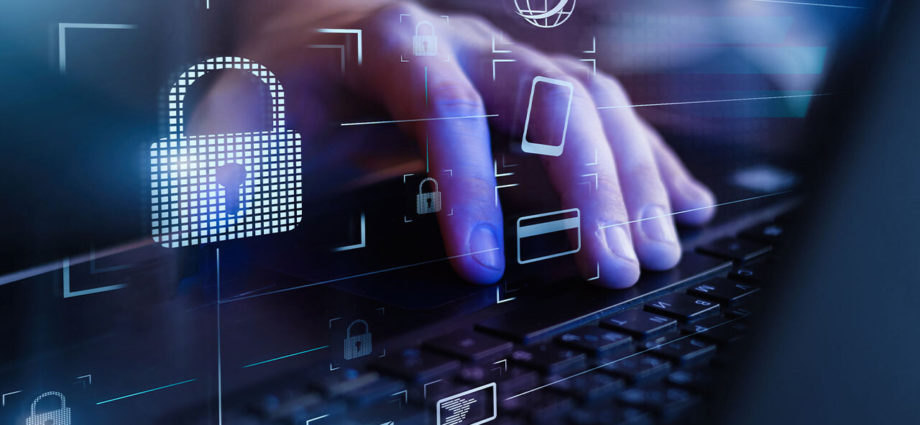There is perhaps nothing more important in today’s digital age than to protect your personal and financial information. Every time you log in on your email or social media account, you leave a piece of you for hackers and cybercriminals to exploit. When you search for a beauty product on Google, you leave crumbs that digital marketers can follow. That’s why you have ads about beauty products on the sidebar of your Facebook news feed or why sponsored ads for cosmetics are suddenly appearing on your Instagram feed.
While being an adult has its perks, it also has its dangers and challenges. As you accumulate wealth and credentials, you build up your identity on the internet. When you drive your own car and buy your dream house, you contribute to what others know about you. The bank will know about your financial history, for example.
When you get sick, you share a part of your information with the hospital or clinic where you’re getting the treatment and diagnosis. Hospital staff and medical practitioners will access your medical records through a reliable EMR service. This will help them provide the best possible patient care for you.
It is these little things that might fall into the hands of unscrupulous people on the internet. Cybercriminals can dissect the information they find about you and use it to build another identity on the internet. From there, everything is possible. You can have a whole identity on the internet—one that uses your name, age, and other personal details, without you knowing. By the time the news reaches you, it might already be too late and you’re in for a long legal battle.
Keep Your Information Secure
There are two things you have to focus on to keep your information secure. The first one is securing the information offline. The second one is securing the same information online.
Make a list of all the important information and documents you have about your finances. The most common will be all your identification cards—driver’s license, professional IDs, credit cards, and debit cards. You should also make a plan to store your Social Security number and Medicare card securely. Once you have a complete list of all you have, that’s when you can begin planning how to store them safely.
Securing Personal Data Offline
Be mindful of what you bring when you go out. While you can take most of your debit cards, credit cards, and professional IDs with you, leave your Social Security and Medicare card at home. You should also lock your financial documents such as the passbook, stock certificates, and bank statements in a safe place in your home. You can get a safety deposit box for this or rent one in the nearest bank. Make copies of all your IDs and documents and store those in the safety box, too.
When institutions such as hospitals, banks, and government offices ask for your information, ask them why they need it. You can also demand to know how safe their storage facility is. If your kids’ school is asking for the information, for example, how can you be sure that they will save the information in a safe place?
Do not forget that criminals can rummage through trash bags, too. Make sure to shred your credit card statements, old insurance policies, physician statements, checks, and similar documents before throwing them in the trash. Remove the labels from the prescription bottles before throwing those, too. You can also opt for paperless billing so no one will have access to your mail other than you and the sender.
Protecting Information Online
The computer is a magnificent device but it comes with its own risks. Invest in an anti-virus software that will keep your device clean of all kinds of Trojan horses, viruses, and malware. They can retrieve information from your hard drive that you have already deleted, so make sure even your digital trash can is protected.
When you’re disposing of an old mobile device (or donating it), make sure to delete everything in it and remove your account from it. There’s nothing like your mobile phone, which is like an extension of your digital life, in the hands of the wrong people. You should also make sure that your data is encrypted when you use it on websites. The lock icon on the side of the address bar is a sign that the site is secure.
Keep on changing your passwords whenever you can. Use strong ones for your phones, laptops, and bank accounts. Do not ever share your password with anyone else; even a close friend can spill it to someone else. Lastly, be careful about oversharing on social media. Many people have fallen victim to cybercriminals because of sharing too much information about themselves on social media.
Now more than ever, it is important to realize just how critical it is to keep personal and financial information to yourself. People are sharing too much of their lives on the internet. At the very least, keep the most confidential information about yourself safe and secure lest you want to get into legal complications.

